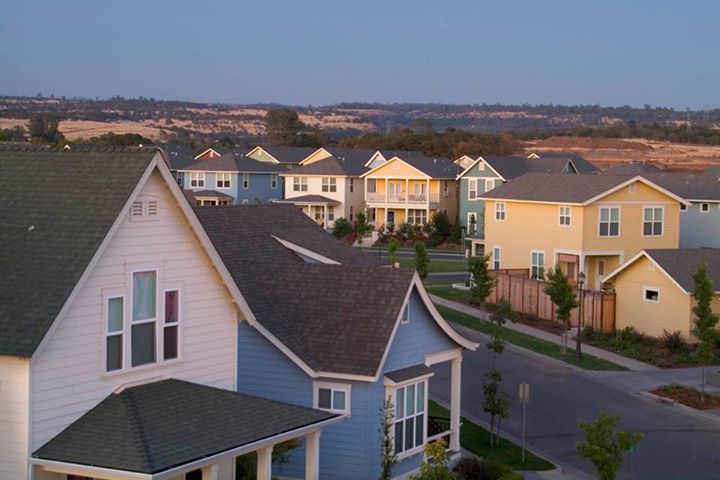 I think it is important to recognize the pattern in which something is delivered really does shape the value created by the overall design effort. Good building design and good urban design rely upon the competent application of massing, scale, proportion and detail. The result should be recognizably height and weight proportionate.
I think it is important to recognize the pattern in which something is delivered really does shape the value created by the overall design effort. Good building design and good urban design rely upon the competent application of massing, scale, proportion and detail. The result should be recognizably height and weight proportionate.
Let's think about that height and weight proportionate thing. A 12 year old puts on 30 pounds over 3 years. That weight or growth could be distributed proportionately or it could be all in on big nasty 30 pound goiter on the side of their neck. The two hypothetical 15 year olds, (one with a goiter and one without) would have the same density and the same floor area ratio. Density and Floor Area Ratio (FAR) are such ridiculously crude metrics for measuring places we hope will have beauty and utility. Cindy Crawford and Phyllis Diller might weigh the same, but from there the similarities start to break down pretty quickly.


